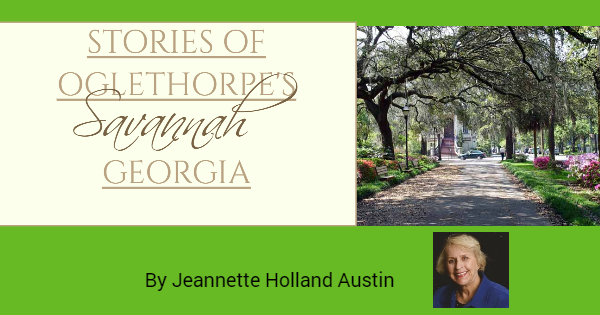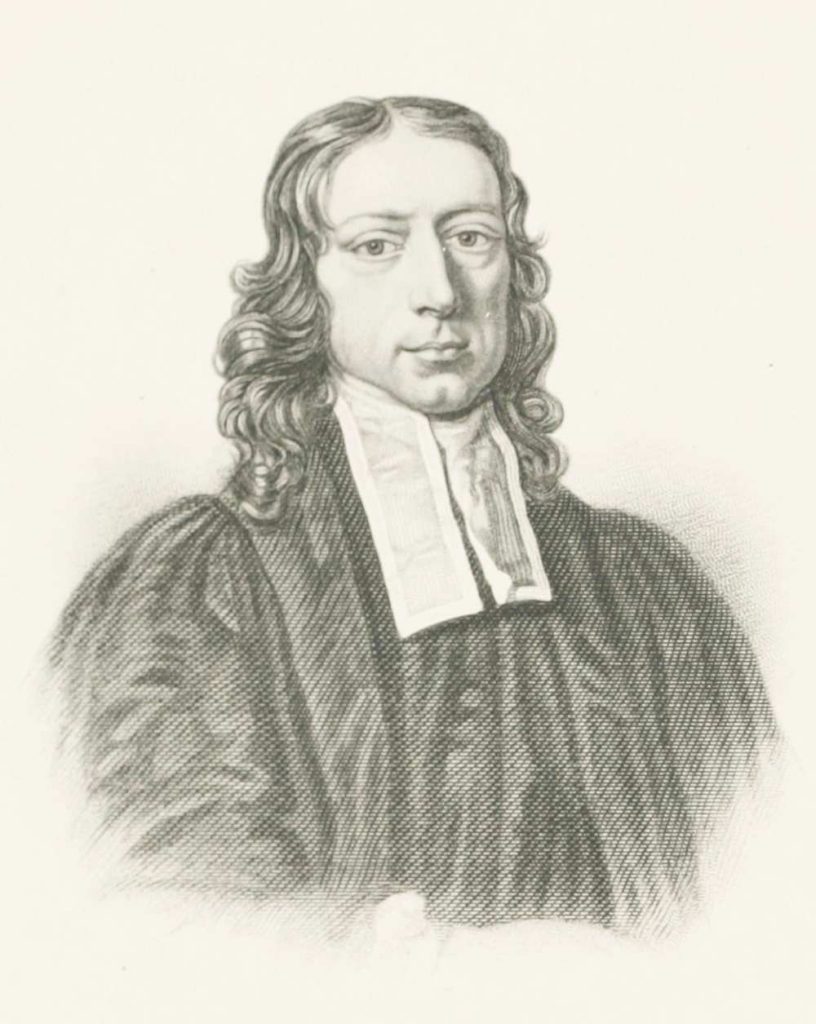
Mrs. Wesley had seven sons. They were all in the ministry except for the two youngest boys, John and Charles. When James Edward Oglethorpe visited Mrs. Wesley in Epworth, England, to deliver a minister to the new colony of Georgia, she was all too anxious. So were John and Charles. On their voyage across the sea, they expressed their excitement and determination to “Christianize the savages.”
But it did not go well for either brother, as the colonists refused to attend services and expressed little or no interest in the new religion of Methodism. The Wesleys endured harsh living conditions; Charles slept in a humble hut on St. Simon’s Island, and John’s efforts to build a church in Savannah were in vain.
John Wesley, however, frequently visited the Creek Indians with his religious message. He also attracted the attention of Thomas Causton’s niece, Sophie, who had come from Charleston to live with her uncle at Ockstead Plantation. Sophie was attracted to the young minister, faithfully attended Sunday services, and accompanied Wesley when he went to teach the gospel to the Indians.

On a particular occasion, when Wesley was ill, she went to his lodgings and cared for him—several days passed before he was well again. But Sophie, having tended the minister in his illness and subjecting herself to gossip, expected Wesley to declare his love and propose marriage. When this did not occur, she was furious and complained bitterly to her uncle Causton. And finally, as gossip mounted, she left the colony and returned to her home in Charleston.
Two weeks later, Sophie returned to Ockstead plantation with Mr. Williamson, her husband! In a fit of fury, Sophie had wed a penniless gentleman without ambition.
On Sunday, when she took Mr. Williamson’s arm and attended church, her sole wish was to show Williamson off to John Wesley. As communion commenced, Wesley refused the sacrament to Sophie. She was furious! As we would later learn, she had not signed her name to partake of Sunday’s sacrament, as was the practice.
Nevertheless, the embarrassment was humiliating. Sophie plotted her revenge with her uncle Causton. Together, they compiled 22 complaints against John Wesley in a petition. The court would have cast the silly complaints aside in any ordinary court. However, Chief Magistrate Thomas Causton declared a public trial event.
As the trial commenced and the hours passed without a conclusion, John Wesley, realizing that he would lose, convinced Causton not to hold him overnight in jail.
He rushed to the pier and went aboard a vessel destined for Charleston. Once asea, he wrote a letter to his brother, Charles Wesley, on St. Simon’s Island.
Both brothers returned to their home in Epworth, England. John Wesley became known as an English cleric, theologian, and leader of a revival movement within the Church of England known as Methodism. He was married in 1751 and had a family of three children. Wesley died in 1791 in London at the age of 87.
Sources: Colonial Records of Georgia by Candler; Journal of John Wesley housed at the Savannah Historical Society.
Author’s Note: Sometimes, we suppose that the troubles or events in our lives are unfair or more than we can bear. Yet, those events often lead to better decisions and actions on our part.